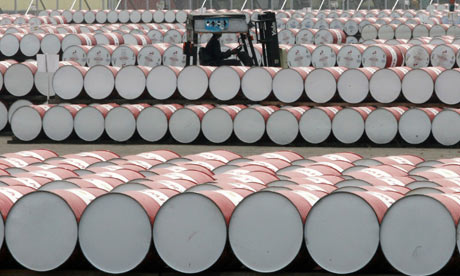Many companies in the Egyptian market, especially in the industrial sector, sell a part of their companies or subsidiaries to a strategic investor. The goal is to get foreign currency liquidity to buy production inputs, ensuring the company or its subsidiaries can keep producing.
This trend has risen as Egypt struggles to get foreign currency liquidity, worsened by the hot money outflow after the Russia-Ukraine war. This has caused import lists to manage documentary credits, making the central bank limit imports. As a result, many companies have sold parts of their businesses to get dollars fast.
The Egyptian government does the same through its government offerings program, aiming for strategic investors to give foreign currency liquidity by selling parts of companies in the program. Starting with about 32 companies, the program has grown to 35, with plans to reach 40 companies next year.
Since this year, the government has made about $1.9bn from selling its companies to strategic investors through the program. This includes the deal with Eastern Company, worth $625m, where the government sold a part to get dollars for buying raw materials, ensuring the company can keep operating.
In the private sector, the Egyptian market has seen several deals, with the newest being Universal’s sale of its water heater factory to the Italian company Ariston. This was to get foreign currency liquidity to ensure its other subsidiaries could keep operating, according to sources.
At that time, sources did not reveal the deal’s value, but it was in dollars. The aim of Universal’s sale of its water heater factory was to get hard currency for buying production needs and protect its other brands.
According to Saif Awny, the CEO of Elite Financial Consulting, this trend of partial divestment is growing among companies that need dollars, especially with the foreign currency crisis in the country. He said that it is like giving up a part instead of losing everything. If production stops, companies may lose money that is hard to get back and could even close. He said that it is a short-term solution for companies.
On the other hand, Eman Raouf, a partner and director of the Capital Market and Financial Services Department at Eldib & Co, sees partial divestment as a financing option for companies to get dollars. But she said that the choice to do this solution depends on the company’s situation. She said that a full study is needed before deciding, considering the production line to sell, other financing options, and the cost of other opportunities.




